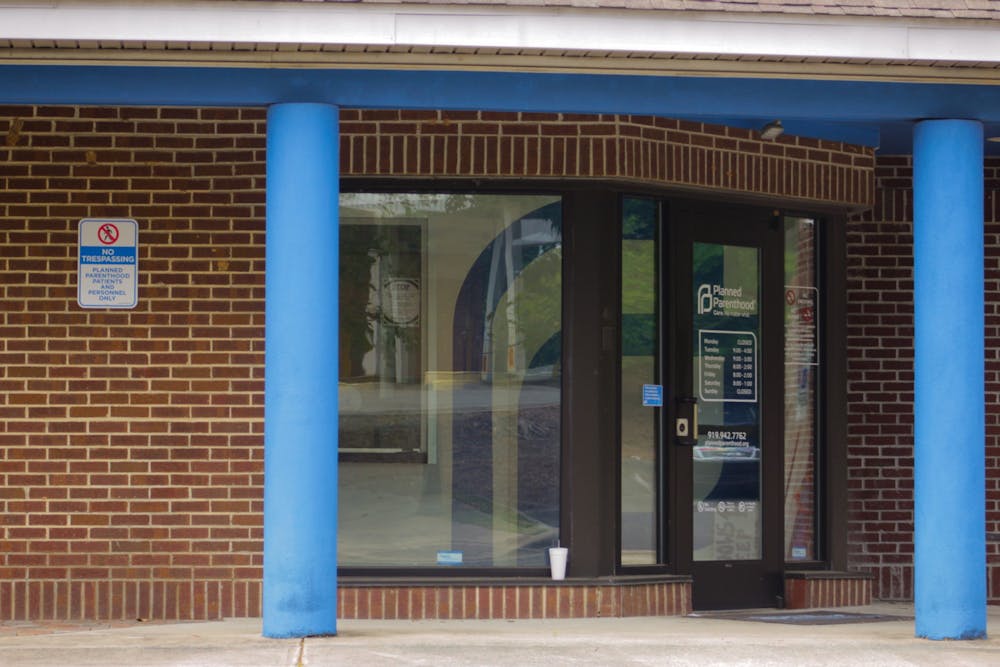Planned Parenthood South Atlantic and a North Carolina health care provider filed a federal lawsuit on June 16 addressing parts of Senate Bill 20 — a law that bans abortion in the state after 12 weeks of pregnancy.
Both houses of the NC General Assembly approved S.B. 20 about 48 hours after it was introduced. Though Gov. Roy Cooper vetoed the bill, the Senate and the House overrode the veto.
Molly Rivera, Planned Parenthood South Atlantic communications director, said after the veto was overridden, Planned Parenthood South Atlantic’s team of legal and medical experts began to look at the law to figure out how to comply with it.
“That is when we realized how confusing a lot of the law is,” she said. “We identified many parts of the bill that appear to contradict each other, and that’s when we realized it was going to be very difficult for a provider like us to simply comply with this law because it was very unclear.”
Rivera said the lawsuit is not asking for a court to strike down S.B 20, but rather to address and clarify the specific restrictions and parts of the law that are vague or contradictory.
She said that one part of the bill states that abortion is legal up to 12 weeks of pregnancy, but another part states that before performing a medical abortion, doctors must confirm that the pregnancy is no further than 10 weeks.
“Some people might think that’s maybe not a big difference, but pregnancy care and abortion care are very time-sensitive,” Rivera said. “Days and weeks matter.”
Dr. Robin Wallace, a local physician, said the 48 hours it took Republican legislators to approve S.B 20 is less than the 72-hour period that a pregnant person must wait before they are able to receive an abortion.
“They are continuing to push off access and limit access, such that it becomes more and more impossible for people who want or need abortion care to get to a provider within that 12-week timeframe,” she said.




